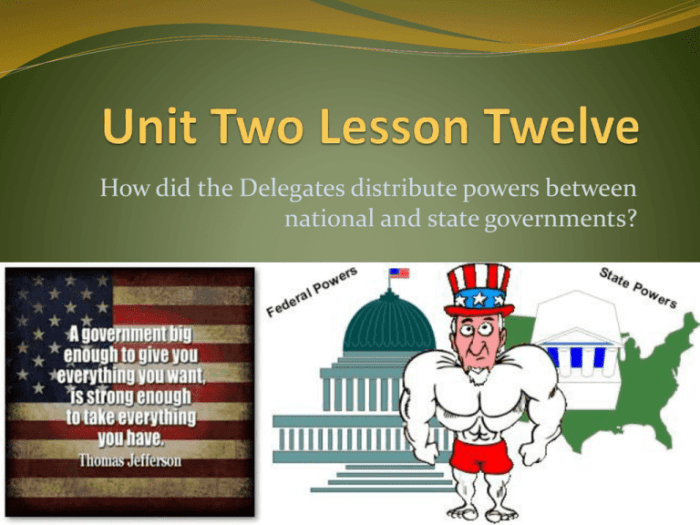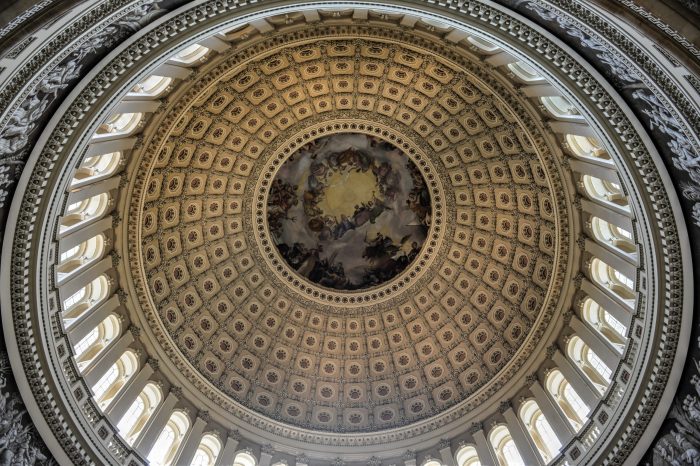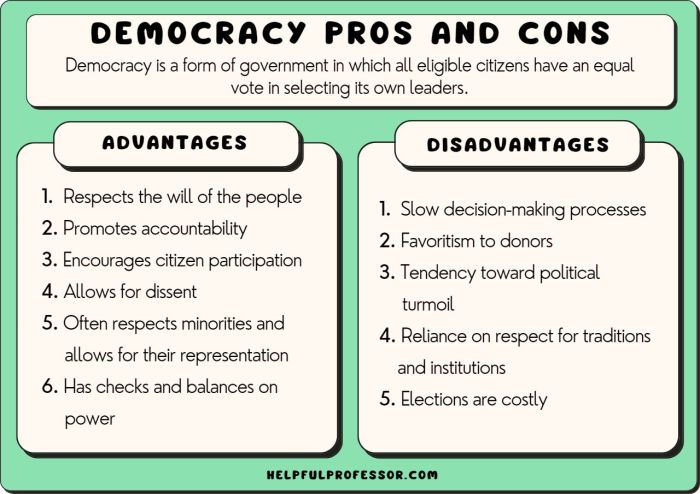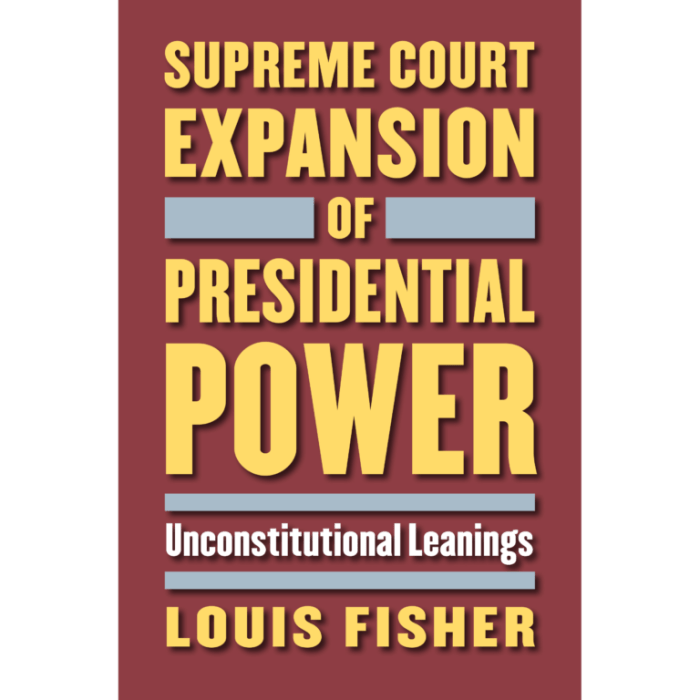Topic 2.6 the expansion of presidential power answer key – Topic 2.6: The Expansion of Presidential Power Answer Key embarks on an in-depth exploration of the historical, political, and legal factors that have shaped the evolving landscape of presidential authority in the United States.
This comprehensive guide delves into the pivotal role of Congress, the Supreme Court, and public opinion in shaping the boundaries of presidential power, providing a nuanced understanding of the complex dynamics that have influenced the presidency throughout American history.
The Expansion of Presidential Power: Topic 2.6 The Expansion Of Presidential Power Answer Key

The expansion of presidential power in the United States has been a gradual process that has occurred over the course of the nation’s history. This process has been driven by a number of factors, including the rise of the United States as a global superpower, the increasing complexity of the nation’s economy and society, and the changing nature of warfare.
The expansion of presidential power has been accompanied by a corresponding decline in the power of Congress. This decline has been due in part to the fact that the president has become increasingly reliant on executive orders and other unilateral actions to implement his policies.
As a result, Congress has lost much of its ability to check the president’s power.
The expansion of presidential power has also been facilitated by the Supreme Court. The Court has ruled on numerous occasions that the president has broad authority to act in the national interest. These rulings have further eroded the power of Congress and have given the president a free hand to pursue his own agenda.
The Rise of Presidential Power
- The rise of the United States as a global superpower
- The increasing complexity of the nation’s economy and society
- The changing nature of warfare
The rise of the United States as a global superpower has led to a significant increase in the president’s responsibilities. The president is now responsible for representing the United States on the world stage and for conducting foreign policy. This has given the president a great deal of power and influence.
The increasing complexity of the nation’s economy and society has also contributed to the expansion of presidential power. As the economy and society have become more complex, the president has been given more authority to regulate the economy and to address social problems.
The changing nature of warfare has also led to an increase in presidential power. In the past, wars were fought primarily by armies. Today, wars are fought by a variety of forces, including air power, naval power, and nuclear weapons.
This has given the president a great deal of power to wage war.
The Role of Congress, Topic 2.6 the expansion of presidential power answer key
- Congress has both checked and expanded presidential power
- Congressional oversight has impacted the president’s ability to act
Congress has played a complex role in the expansion of presidential power. On the one hand, Congress has checked presidential power by passing laws that limit the president’s authority. On the other hand, Congress has also expanded presidential power by delegating authority to the president.
Congressional oversight has also had a significant impact on the president’s ability to act. Congress has the power to investigate the president’s actions and to impeach the president if necessary. This power has helped to keep the president in check.
The Supreme Court and Presidential Power
- The Supreme Court has shaped the boundaries of presidential authority
- Landmark cases have had a major impact on the president’s powers
The Supreme Court has played a major role in shaping the boundaries of presidential authority. The Court has ruled on numerous occasions on the president’s powers, and these rulings have had a significant impact on the president’s ability to act.
Some of the most important landmark cases that have affected presidential power include:
- Marbury v. Madison (1803): This case established the principle of judicial review, which gives the Supreme Court the power to declare laws unconstitutional.
- United States v. Nixon (1974): This case ruled that the president is not above the law and that he can be subpoenaed to produce evidence in a criminal investigation.
- Clinton v. Jones (1997): This case ruled that the president can be sued for civil damages while in office.
The Impact of Public Opinion
- Public opinion has influenced the expansion of presidential power
- Presidents have used public support to justify their actions
Public opinion has played a significant role in the expansion of presidential power. Presidents have often used public support to justify their actions, and they have been more likely to take actions that are popular with the public.
For example, President George W. Bush used public support for the war on terror to justify his invasion of Iraq. President Barack Obama used public support for healthcare reform to justify his passage of the Affordable Care Act.
The Future of Presidential Power
- The future of presidential power is uncertain
- Factors will shape the president’s role in the years to come
The future of presidential power is uncertain. A number of factors will likely shape the president’s role in the years to come, including the rise of new technologies, the changing nature of the global economy, and the evolving political landscape.
It is clear, however, that the president will continue to play a central role in American politics. The president is the head of state, the commander-in-chief of the armed forces, and the chief diplomat of the United States. The president also has the power to veto laws passed by Congress and to issue executive orders that have the force of law.
Helpful Answers
What are the key historical factors that have contributed to the expansion of presidential power?
The rise of the United States as a global superpower, the growth of the federal bureaucracy, and the increasing complexity of domestic and international affairs have all played significant roles in the expansion of presidential power.
How has Congress both checked and expanded presidential power?
Congress has checked presidential power through its oversight authority, the power of the purse, and the ability to impeach the president. However, Congress has also expanded presidential power by delegating authority to the executive branch and by acquiescing to presidential actions.
What role has the Supreme Court played in shaping the boundaries of presidential authority?
The Supreme Court has played a crucial role in shaping the boundaries of presidential authority by interpreting the Constitution and ruling on the legality of presidential actions. Landmark cases such as Marbury v. Madison and United States v. Nixon have had a profound impact on the president’s powers.


